The Fifth Circuit Federal Court of Appeals (the federal appeals court for Texas, Louisiana, and Mississippi) has published an opinion that the Supreme Court’s decision in Till v. SCS Credit Corp., 541 U.S. 465 (2004) did not change the interest rate Chapter 13 debtors had to pay their secured creditors. Before and after the new Bankruptcy Code went into effect there has been a lot of confusion as to what interest rate debtors in a Chapter 13 bankruptcy have to pay their secured creditors. Some creditors have continued to demand higher interest rates and have argued that BAPCPA had some way abrogated the Supreme Court’s decision in Till v SCS Credit Corp., 541 U.S. 465 (2004) which allowed for a much lower interest rate. Some bankruptcy judges have even argued against Till by looking at the decision personally and stating that not even bankruptcy judges can get such an interest rate. Well, the issue is closer to be resolved.
In a ruling upholding the decision of the Bankruptcy Judge Bill Parker for the Eastern District of Texas, the 5th Circuit Court of Appeals in New Orleans ruled in the soon to be published decision of Drive Financial Services v. Bobby and Freda Jordan (here) (5th Cir. March 12, 2008), that the “hanging paragraph” following 11 U.S.C. § 1325(a)(9), which would limit the stripping down of a purchase money security interest of collateral purchased within 910 days of the bankruptcy filing, did not prevent a cram down of the interest rate consistent with the Supreme Court’s decision in Till.
Drive Financial argued the hanging paragraph of § 1325(a)(9) made 11 U.S.C. § 506 inapplicable, and that the Supreme Court’s decision in Till should not apply because (1) it was decided for the hanging paragraph was enacted into law, and (2) Till was a fragmented court decision in which no narrow ground was established as to how interest in a Chapter 13 plan was to be determined . Therefore, Drive Financial argued that the Court should mandate its prior “presumptive contract rate approach” in Green Tree Fin. Servicing Corp. v Smithwick, 121 F.3d 211, 214-15 (5th Cir. 1997), which basically said that the plan should require the rate of interest required in the contract unless the debtor could prove that the lender would now loan the money at a lesser rate.
This would make a big difference in the feasibility of of plans proposed by debtors, especially those debtors that took out the infamous subprime loans with lenders like Drive Financial. Whether defined as predatory lending or not, the combination of high interest rates and high collateral value is a recipe for a failed bankruptcy plan. In this case Mr. and Mrs. Jordan had an outrageous interest rate of 17.95%. but proposed to pay a more reasonable rate of 7.5%, or a few points over the prime rate at the time. If they had been required to pay the full amount owed on the vehicle they financed through Drive Financial, and pay the contract interest, it could have seriously jeopardized not only their plan or reorganization.
However, our Court of Appeals has finally spoken and has stated that debtors in bankruptcy can cut the the interest rates they pay to secured creditors in a Chapter 13 bankruptcy to something reasonable.
The 5th Circuit found Drive Financial’s argument to be “unpersuasive” because Till did not rely upon the fact that the creditor’s claim had be bifurcated using 11 U.S.C. § 506, and the purpose of bifurcation is to determine how much of the claim is secured and not how much interest must be paid in a plan. Further, the hanging paragraph only prevents the bifurcation of the purchase money secured claims that are less than 910 days old at the time of the filing of the bankruptcy case. The Court found that the only difference in Till and the case at hand is that in Till only part of the claim under the pre-BAPCPA Bankruptcy Code was secured while the full claim under the Post-BAPCPA claim is secured. As such, Till was not superseded by BAPCPA.
The 5th Circuit also disagreed that the decision in Till was so fragmented that it did not state precedent that had to be followed in regard to plan interest rate calculations. In fact, the 5th Circuit found that although the Justices of the Supreme Court might have been divided on issues, that a plurality of them, joined by Justice Thomas, concurred in judgment to specifically overturn the 7th Circuit the applied essentially the same standard that the 5th Circuit had applied in Smithwick, above. To reapply Smithwick, the holding of which had been specifically overturned by the Supreme Court by five currently active justices of the Supreme Court, “would be untenable at best”.
The common denominator of Till stated that creditors being paid through a plan are entitled to apply a standard of prime plus rate and not the contract rate.

